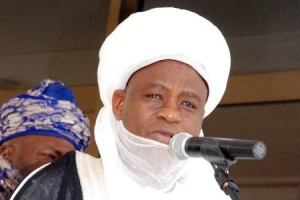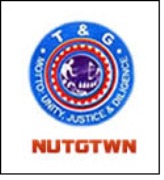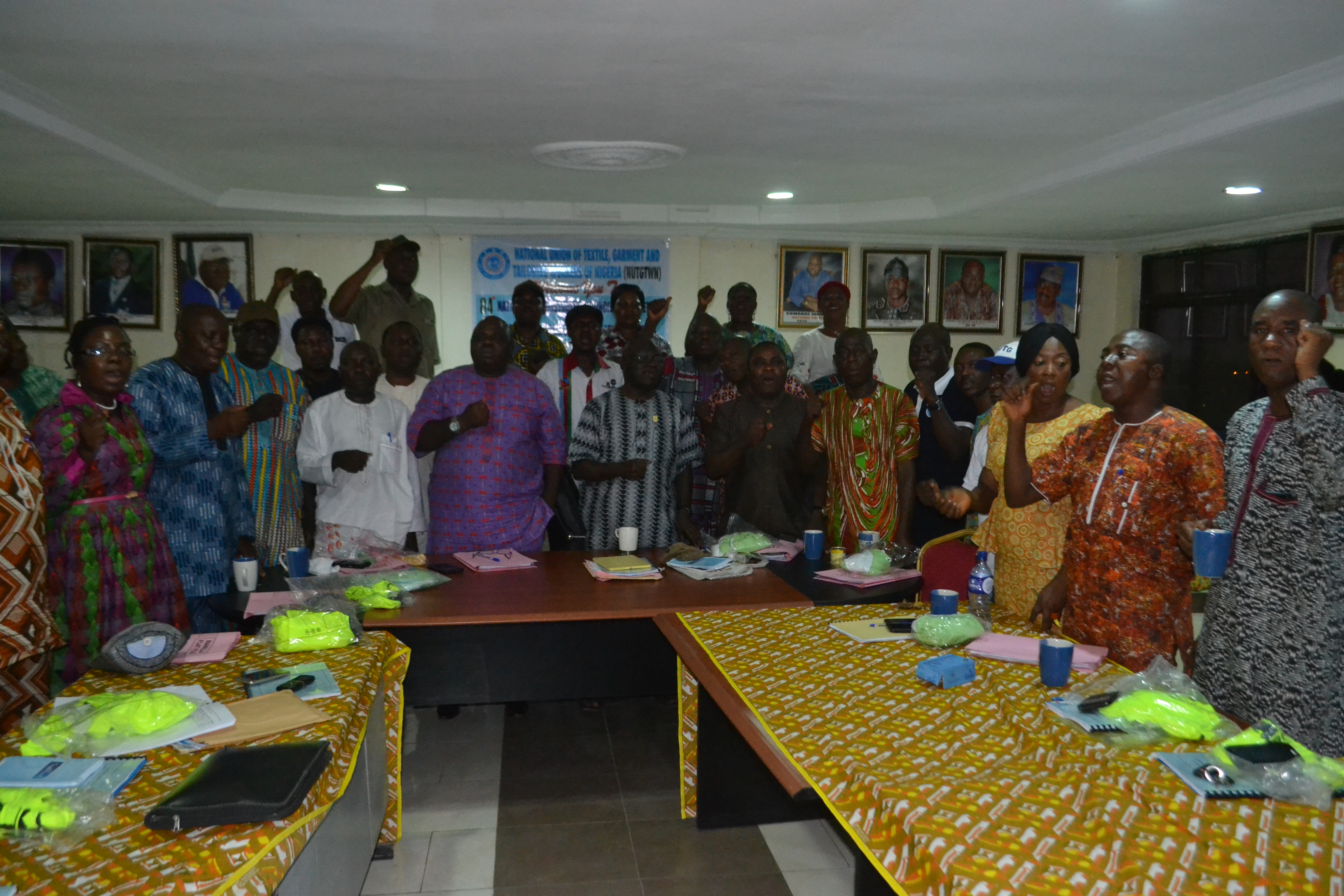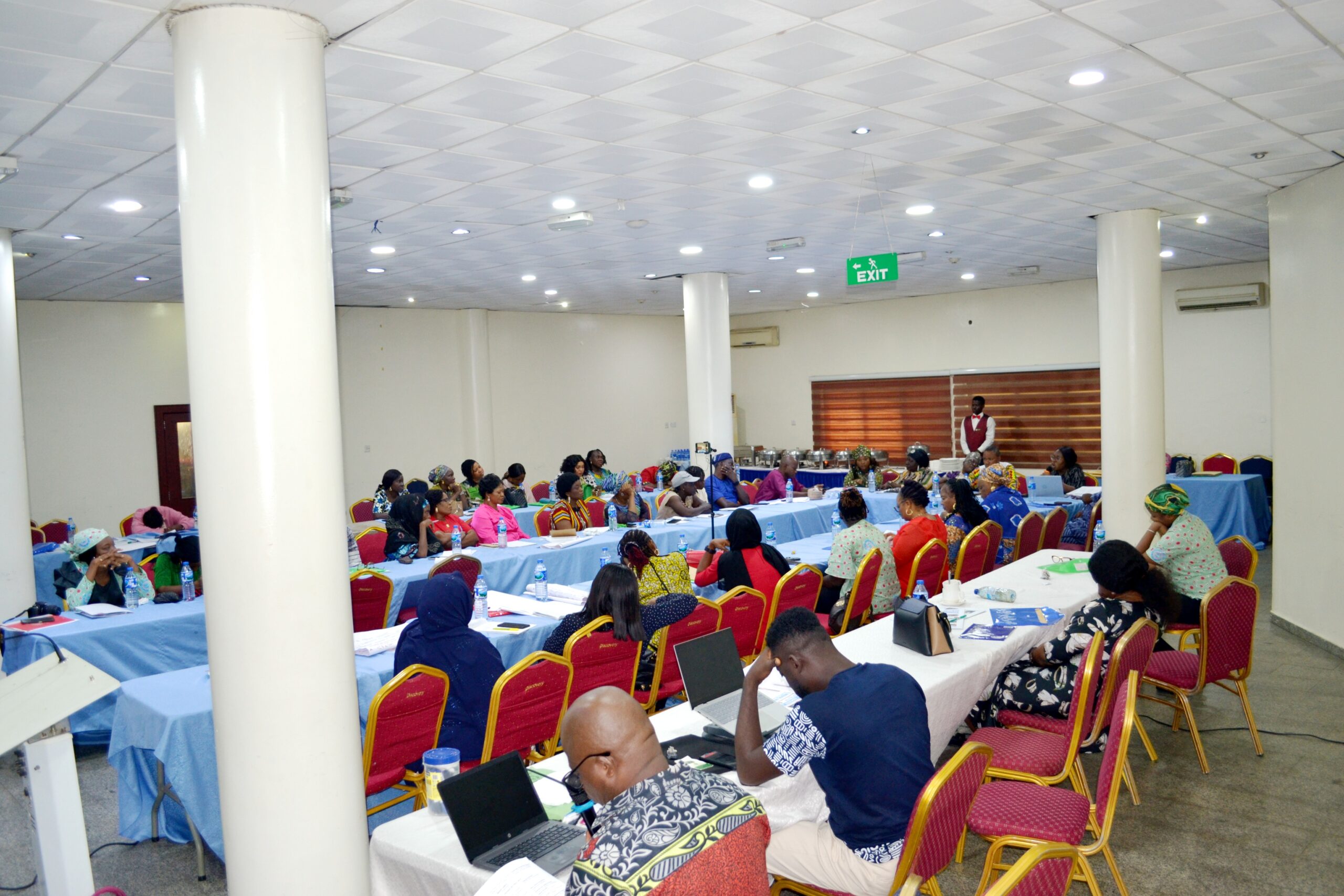
Any deep reflection on Amirul Mumineen Sultan Muhammadu Sa’ad Abubakar, the 20th Sultan of Sokoto, who at weekend marked his tenth anniversary as the Sultan, must necessarily reopen a leadership discourse in Nigeria. The spectre of leadership, we all know, permanently hunts Nigeria since Africa’s master story teller, late Professor Chinua Achebe and the author of the classic novel, Things Fall Apart, observed in his 1983 reflection that “The trouble with Nigeria is simply and squarely a failure of leadership”.
Witness him: “There is nothing basically wrong with the Nigerian character. There is nothing wrong with the Nigerian land or climate or water or air or anything else”. Certainly leadership still remains a naughty issue in Nigeria as rightly observed by Achebe. Very few countries parade a remarkable number and mix of leaders in Africa and indeed in the world – spiritual, traditional and modern, and temporal, active and retired alike. However even at that, we should not forget that both in the past and in the present, Nigeria and indeed Africa still harbour traditional and modern political leaders who in their respective rights personify the historic needs and aspirations of their peoples. It’s time we recognize and celebrate leaders who stand to live up to expectations of their communities and serve as worthy ambassadors of their people. Paris Hilton enjoins us to ‘live everyday like it’s a birthday’.
A visitor to the palace of His Eminence, Sultan of Sokoto, Muhammadu Sa’ad Abubakar, bears witness to his daily activities, adding value and sustaining the great legacies of over 200 years old Sokoto Caliphate founded in 1804 by a great Islamic scholar, Usman dan Fodio. Ten years anniversary of Sultan Muhammadu Sa’ad Abubakar LLD, CFR, mni, offers another important opportunity to acknowledge the unifying leadership role of the head of Jama’atu Nasril Islam (Society for the Support of Islam – JNI), and president-general of the Nigerian National Supreme Council for Islamic Affairs (NSCIA). As Governor Aminu Tambuwal of Sokoto State rightly observed at the 10th anniversary lecture his Eminence is not just a bridge builder, he is truly the BRIDGE. Witness how Sokoto hosted global citizens at the weekend, a notable sign of leadership as goodness.
At 60, recall President Muhammadu Buhari’s tribute which rightly singled out “…the uncommon leadership style, patriotism and wisdom in Sultan’s consistent advocacy for security, peace and unity of Nigeria.” Sultan of Sokoto, Muhammadu Sa’ad Abubakar, as President Buhari observed stands out as bridge builder at a time many ‘leaders’ kept mute. Sultan’s voices have been commendably loud on burning national issues; good governance, girl-child education, infant and child mortality, and agriculture. Recently the United States Secretary of State, John Kerry, visited Nigeria. It was not surprising that his destination for an historic lecture on diversity and tolerance was Sokoto.
At the palace of the Sultan, John Kerry, the first secretary of state to visit the seat of the caliphate, lauded the efforts of the monarch in promoting religious tolerance and understanding among Nigerians. He said that the Sultanate Council was building a community of tolerance for peace, progress and political stability in Nigeria, adding that the United States would continue to identify itself with the Sultanate in strengthening religious tolerance and understanding among Nigerians. The visit offered another opportunity for the Sultan to reaffirm the sultanate’s commitment to the promotion of peaceful coexistence among Nigerians for the overall political growth of the country, maintaining that “religious tolerance and understanding among Nigerians remained the principal objective of the Sultanate in mobilising Nigerians to tolerate one another for peace, progress and political stability of the country”. It is worthy of recalling that both Sultan Saad and John Cardinal Onaiyekan, then Roman Catholic Archbishop of Abuja, were jointly nominated for the 2012 Nobel Peace Prize (for their efforts at campaigning against the misuse of religion) alongside former US President Bill Clinton and the European Union.
As part of the activities marking the coronation of the new Oba of Benin, Oba Ewuare II, the Sultan organized a special durbar brought to Benin in honour of the new Oba. Will our political leaders ever torn in wars of attrition learn from this lesson of the Sultan’s ‘ leadership as goodness and cooperation? Recently under his Chairmanship of the Heritage Council of Alumni Association of the National Institute, AANI, there was a policy dialogue that involved the participation of 7 ministers of the federal republic.
The sultan’s speech remains a timely food for thought for change for good governance. Some of Sultan’s observations pass for quotable quotes and worth being reproduced here: “….the burden is on the part of those in authority to appreciate that they hold power in trust for the common people of the country. Those in government must be open minded, flexible and receptive to new ideas as government is all about the people. If the mass of people are groaning and saying they are suffering economic deprivations, those in authority must listen and prepare to initiate policy changes for the betterment of all. In managing change government must be open to suggestions and even prepare to do a policy review for the security and welfare of all. Even change is constant in a change process!
The country we all know is never short of robust policy measures including the ones contained in 2016 federal budget. The challenging and overreaching issue is policy implementation. No better institution is better positioned to assist the government in policy implementation than NIPSS and AANI. NIPSS was set up in 1979 by the Federal Government to serve as a high level centre for reflection, research, and policy dialogue. Today, the National Institute has graduated over 1500 participants. No topic of national importance that has not been researched upon whether in public finance, mining and minerals development, industrial development, power sector reforms, housing and road construction among others. Its time government gets committed to effectively utilize the huge enormous knowledge resources available at NIPSS. We are confident that this policy dialogue can share from the wealth of experience of AANI members with respect to implementation strategies for 2016 budget. We suggest that all the resolutions at the end of this historic Town Hall meeting should be forwarded to the office of the Vice President to assist in the realization of the laudable objectives of the 2016 budget. Lastly we will like to emphasis that the effectiveness of this Town Hall meeting rests on its impact on the welfare of the citizens. According to the 1999 constitution, the primary objective of governance in the current democratic dispensation is welfare and security of the citizens. Shaykh Abdullahi Ibn Foduye, 1807, defined leadership as “service to the people.” According to him, seeing to the welfare of people is more effective than the use of force. It has been said that the crown of a leader is his integrity, his stronghold is his impartiality and his wealth is the welfare of his people. Therefore all hands must be on deck to ensure that government delivers on its mandate for better life for the citizens.”
Wishing His Eminence many more years of worthy leadership for humanity.









